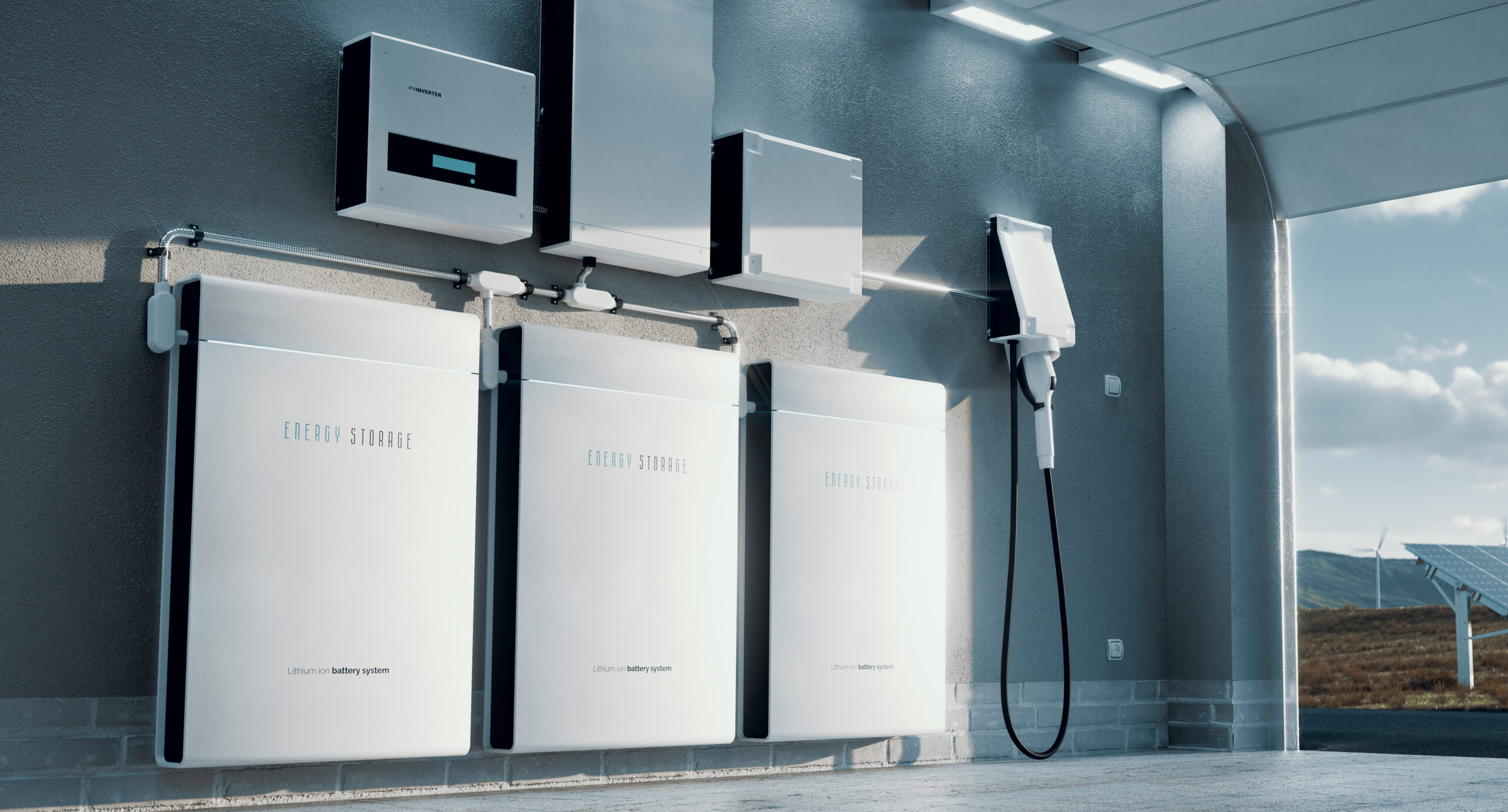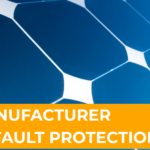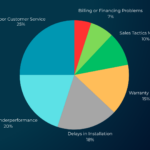
The rapid adoption of residential energy storage systems (ESS) is transforming how homeowners manage energy consumption, offering increased independence and resilience. The adoption rate of batteries has increased by more than 300% since Q1 of 2020, with attachment rates increasing from 6% to over 25%. In 2022, storage retrofits represented 23% of all new storage installs. Retrofitting storage onto existing solar systems is one of the most common types of system add-ons.
However, this growth brings to light a crucial concern: safety. At Solar Insure, we recognize that the longevity and reliability of these systems are paramount, and safety must be at the forefront of this evolution.
Table of Contents
Understanding the Risks in Residential Energy Storage
Integrating battery storage into home energy systems introduces several potential risks:
1. Battery Failures and Thermal Runaway: Lithium-ion batteries, while efficient, can be susceptible to overheating and thermal runaway if not properly managed. Implementing features like thermal runaway protection and using flame-retardant materials are essential to mitigate these hazards. Batteries designed for home energy use should also certify in UL 9540 & 9540A, which addresses safety concerns identified by building codes and the fire service in the US.
2. Electrical Hazards: High-voltage systems pose risks such as electric shocks and arc flashes. Employing components with IP67 protection ensures resistance to water and dust ingress, enhancing overall safety.
3. System Integration and Installation Challenges: Proper integration of battery storage requires adherence to safety protocols, including the installation of rapid shutdown systems. These systems are critical for the safety of firefighters and maintenance personnel working around photovoltaic equipment.
Solar Insure’s Commitment to Safety and Quality
At Solar Insure, we are dedicated to elevating safety standards within the residential energy storage industry. We have developed several ways to achieve these safety standards that provide value to solar providers and homeowners alike:
Approved Vendor List (AVL) Evaluation: We have established a rigorous AVL evaluation process to ensure that only high-quality, reliable solar components from trusted manufacturers are used in installations. This process underpins our mission to uphold safety and performance standards across the board.
SI-30 Warranty Solutions: Our financially-backed warranties provide long-term protection for homeowners, covering parts and labor without hidden fees. This ensures that systems operate as expected throughout their lifespan, offering peace of mind and safeguarding investments.
Fleet Monitoring for Installers: We offer advanced monitoring software that enables installers to proactively manage warranty needs and claims processing, ensuring that any issues are addressed promptly to maintain system integrity and safety.
The Path Forward: Prioritizing Safety in Energy Storage
As the residential energy storage market expands, prioritizing safety is not just a regulatory obligation but a moral imperative. Manufacturers must integrate advanced safety features into their products, installers must adhere to best practices and safety protocols, and homeowners must be informed about the systems they are adopting.
At Solar Insure, we are committed to leading this charge by providing solutions that protect investments and ensure the safety and well-being of all stakeholders. Together, we can foster a safer, more reliable future for residential energy storage.


